Description
The phrase “Five Lies of Our Anti-Christian Age” often refers to common ideas or narratives that are seen as counter to Christian teachings or values. While the specifics can vary depending on the context or the author discussing them, here are five key “lies” that are often highlighted by Christian thinkers and leaders today:
### 1. **”There is no absolute truth.”**
In modern secularism, the claim that truth is relative and subjective is widespread. Many people believe that each individual can define their own truth, and that there is no ultimate, unchanging truth. From a Christian perspective, however, the Bible teaches that there is absolute truth, revealed in God’s word and embodied in Jesus Christ, who said, “I am the way, the truth, and the life” (John 14:6). Christianity holds that objective truth exists and can be known through God’s revelation.
### 2. **”Morality is subjective.”**
Another claim common in today’s culture is that moral standards are entirely subjective—what is right for one person may not be right for another. This denies any universal moral law. Christianity, however, teaches that moral values are grounded in the nature and character of God. For Christians, morality is not just about individual preferences but is rooted in divine commands, such as the Ten Commandments and the teachings of Jesus.
### 3. **”You can be good without God.”**
The belief that human beings can lead a morally upright life without reference to a higher power is another common idea in secular culture. Many people argue that human beings are capable of goodness, empathy, and moral behavior purely through reason and society’s norms. However, Christianity teaches that true goodness comes from a relationship with God, and that human beings, in their fallen state, need redemption through Jesus Christ to be fully reconciled to God and live according to His will.
### 4. **”Science and faith are incompatible.”**
This lie suggests that science and faith are in constant conflict, and that one must choose between belief in God or belief in scientific theories. Many people view science as the ultimate authority in understanding the universe and dismiss religious beliefs as outdated or irrational. However, many Christians believe that science and faith are not contradictory but complementary. Christianity holds that God is the creator of the universe, and scientific discoveries about the world can lead to a deeper appreciation of His creation.
### 5. **”All religions are equally valid.”**
In our pluralistic society, it’s often claimed that all religions are essentially the same and equally valid paths to the truth. This view suggests that it doesn’t matter which religious beliefs one holds, as all religions lead to the same ultimate reality. Christianity, however, teaches that salvation comes only through faith in Jesus Christ. Jesus said, “I am the way, the truth, and the life. No one comes to the Father except through me” (John 14:6). From a Christian perspective, Christianity is not just one of many equally valid paths, but the one true way to God.




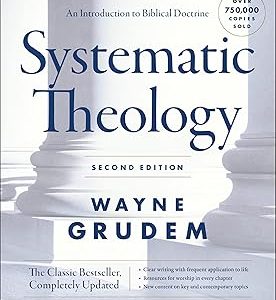
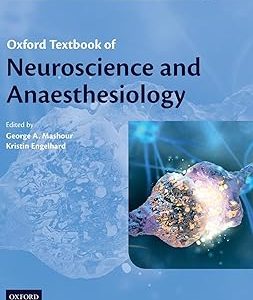
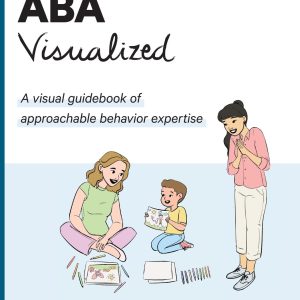
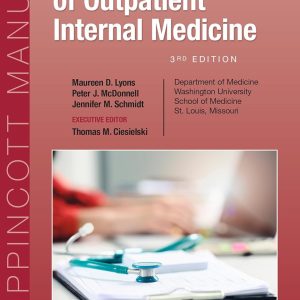
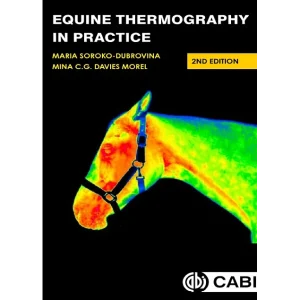
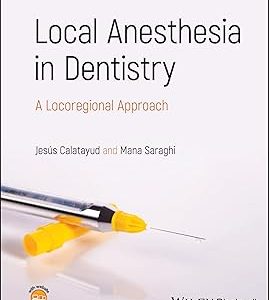

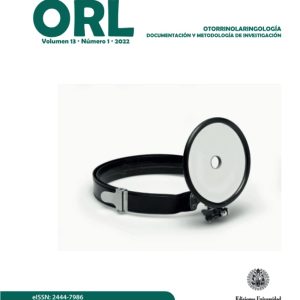






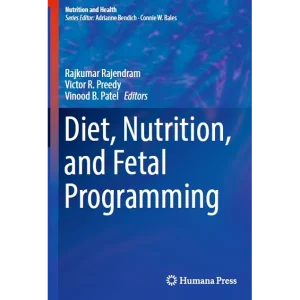

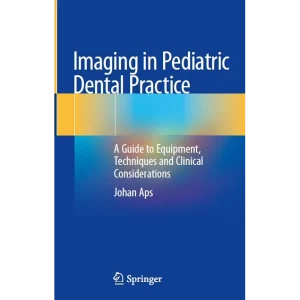



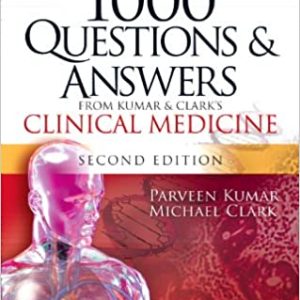



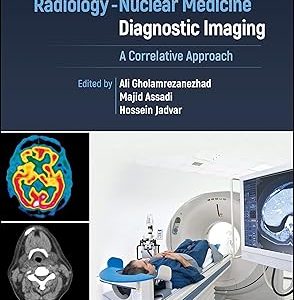















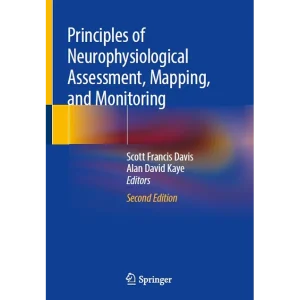






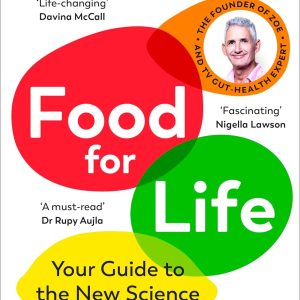
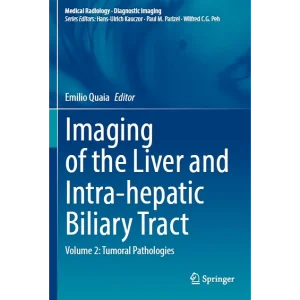



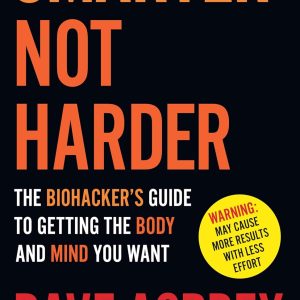



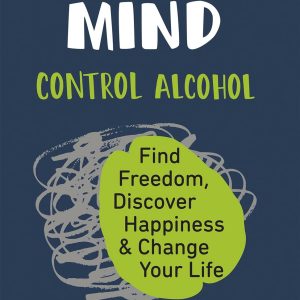
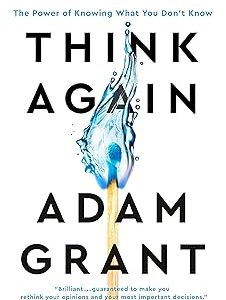




Reviews
There are no reviews yet.